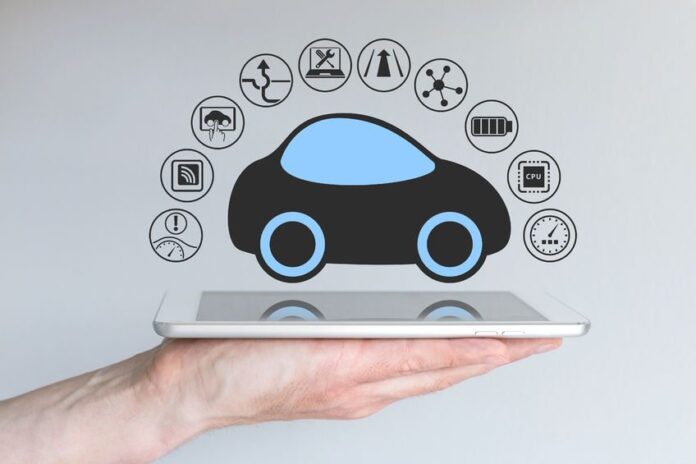CES has increasingly become an avenue in which automotive manufacturers take the spotlight to showcase new technologies they plan to have on offer in the short and long term, and this year’s CES prompted some observers to nickname it the “Car Electronics Show.”
In sifting through the trends from last week’s show, a number of major themes for the connected car emerged, including:
Autonomous driving is on its way
Ford announced it would triple its self-driving test fleet over the coming year to around 30 vehicles, with an eye toward having the largest such test fleet among auto makers. Mercedes-Benz hyped its 2017 E-class, which both integrates more smartphone-focused technologies such as wireless charging and tactile panels on the steering wheel, and is the first standard-production vehicle claimed to have a test license for autonomous driving in Nevada. Three models are approved for autonomous test drives, with drivers responsible only for turning, merging and departing, according to Mercedes-Benz.
In addition, there were a number of supporting announcements for mapping technologies designed for self-driving vehicles, and computer systems such as Nvidia’s in-vehicle artificial intelligence for self-driving vehicles, which the company said can support up to 24 trillion deep learning operations per second.
Data and analytics will fuel the connected car
Along with features like the predictive routes based on driver habits, Toyota announced it was creating a Toyota Big Data Center to process and analyze information from data communication modules, which it plans to install in a wide swath of its vehicles starting in 2017. Emergency notifications triggered by airbag deployment will become a standard feature, the company said, and its data center will also serve as a means to launch connected car services. Microsoft is supporting a number of connected car initiatives, such as Nissan’s move to make more cloud-based information available to both itself and drivers for better vehicle monitoring via the Microsoft Azure platform.
Security continues to be top-of-mind
As part of its big data center announcement, Toyota made specific note it would be implementing significant security at that data center in order to protect vehicle and customer information. Meanwhile, vehicle systems manufacturer Harman made an acquisition during the week of connected car cybersecurity company TowerSec, which focuses on network security for connected vehicles to complement its existing security offerings.
Connecting cars to homes
Ford said that it will be exploring integration of its Ford Sync system with smart home offerings such as Amazon Echo and Wink, which would enable features such as turning on lights, opening garage doors automatically when a vehicle reaches a certain distance from home, or controlling Internet-enabled devices in the home such as televisions. BMW is also looking at a home/car integration approach with its Open Mobility Cloud features that seek to expand the “Internet of Things” concept to reality.
Looking for more on the connected car? Check out RCR’s look at AT&T’s Drive Studio here.
Follow me on Twitter! @khillrcr

